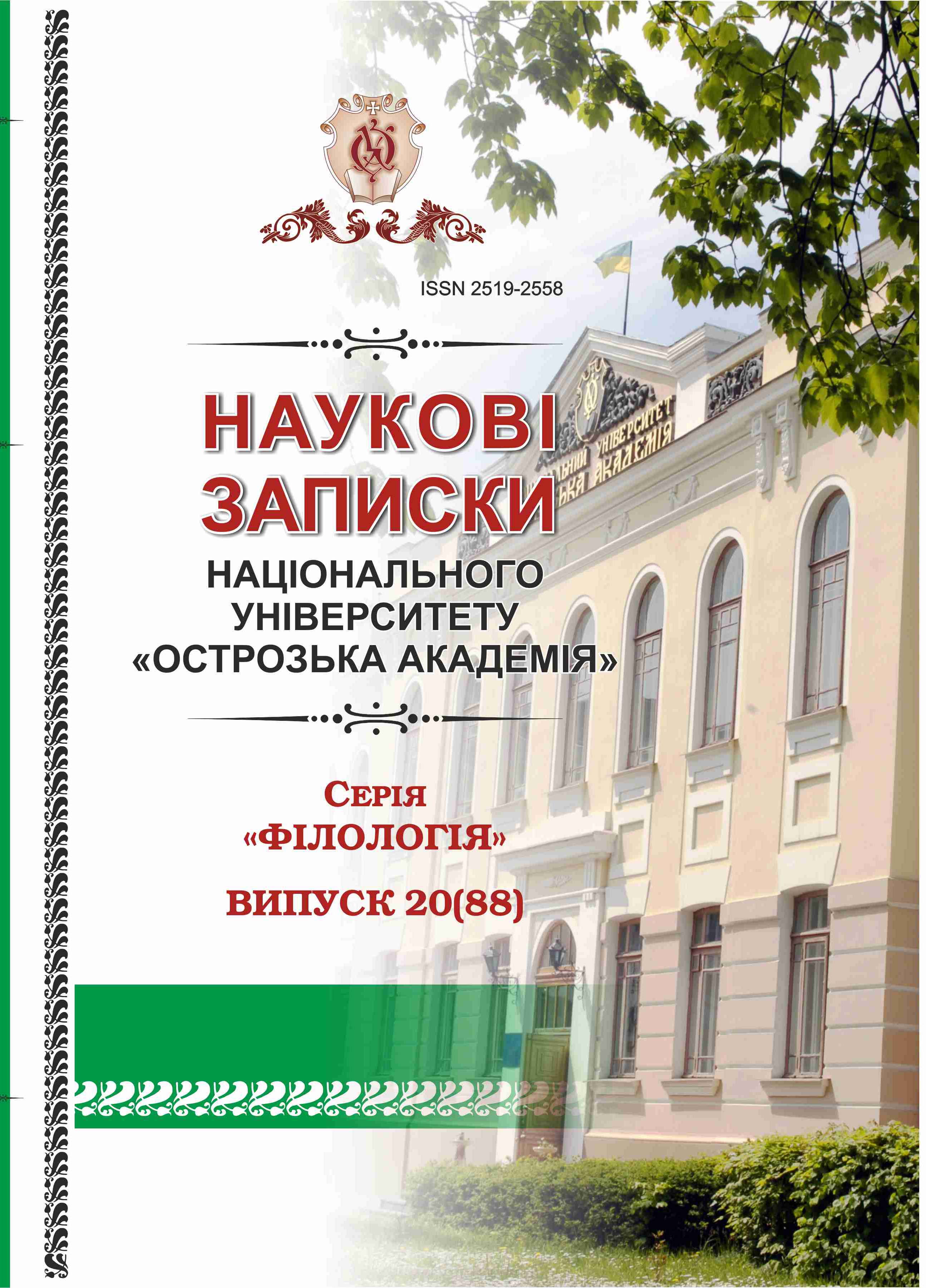LINGUISTIC AND CULTURAL FEATURES OF THE OPTATIVE SENTENSES WITH THE COMPONENT “EARTH” IN MULTI-STRUCTURAL LANGUAGES
Keywords:
optative sentences, cultural component of semantics, archetypal symbolAbstract
The article deals with the optative sentences research in structurally diverse languages. Based on the investigated material, the specificity of the archetypal image of Earth as a semantic component and the functioning of optative sentences in the Ukrainian, English, Czech, and Bulgarian languages are characterized. It is established that in wishes, archetypal symbols act as intralinguistic symbolic images that evolved in the archaic consciousness of speakers of the aforementioned languages. These cognitive models were used to construct verbal structures of well-wishing and ill-wishing in the studied linguocultural communities. They are units where the cultural component of meaning takes on particular significance. In the system of initial semantic-pragmatic constants of well-wishing and ill-wishing, the archetypal image of “earth” plays a central role, concentrating the meaningful essence of all the wishes under study.
All the presented facts, from the perspective of the material analysis, are intercultural and interlingual. The basis of the unique «historical memory» of the examined expressions is primarily empirical knowledge about the surrounding reality, as well as cultural, historical, and linguistic experience embodied in the meaning of these units through their internal form.
The foundation of the lexical meaning and expression of wishes is the internal form, which refers to the deep motives underlying the nomination during associative-imaginary reinterpretation of meaning. Archetypes, as typological elements, are integral components of the system of the optative sentences. They are of significant interest for the study of archaic cultural forms, as they allow not only the investigation of the specificity of the optative sentences for good and evil but also the reconstruction of the ritual of their utterance.

